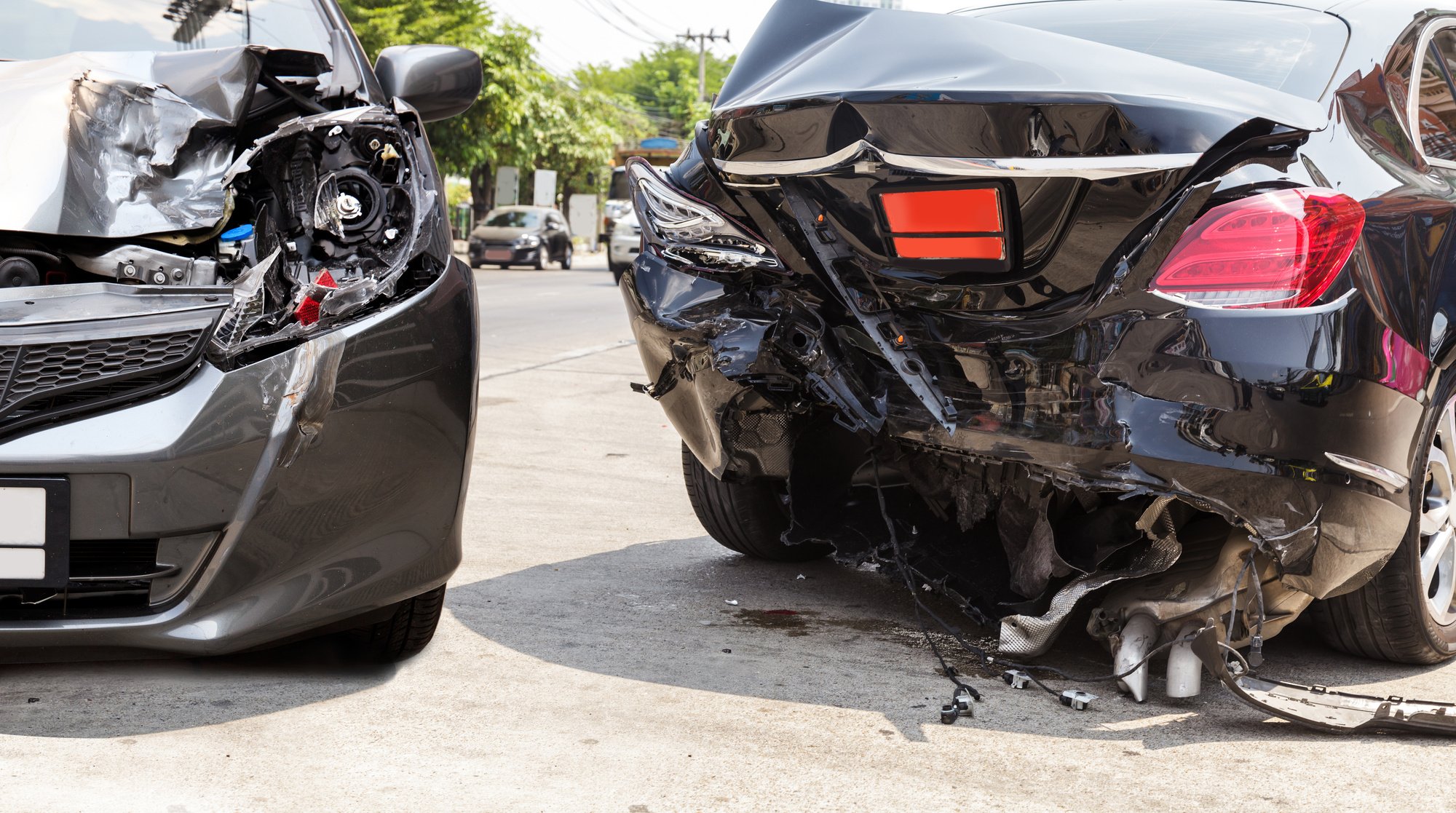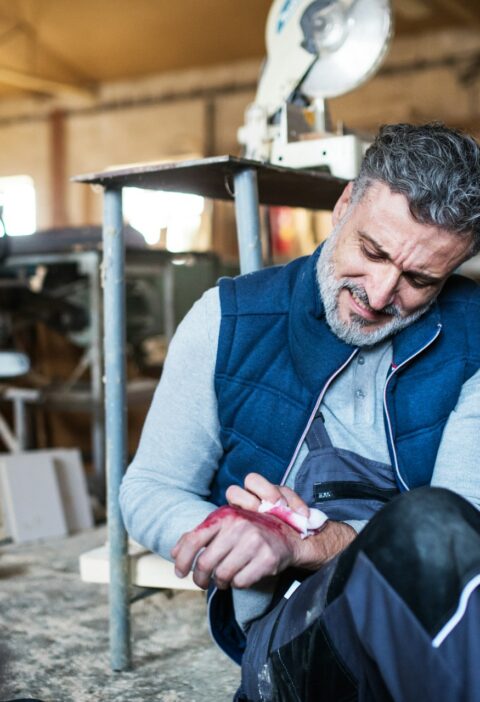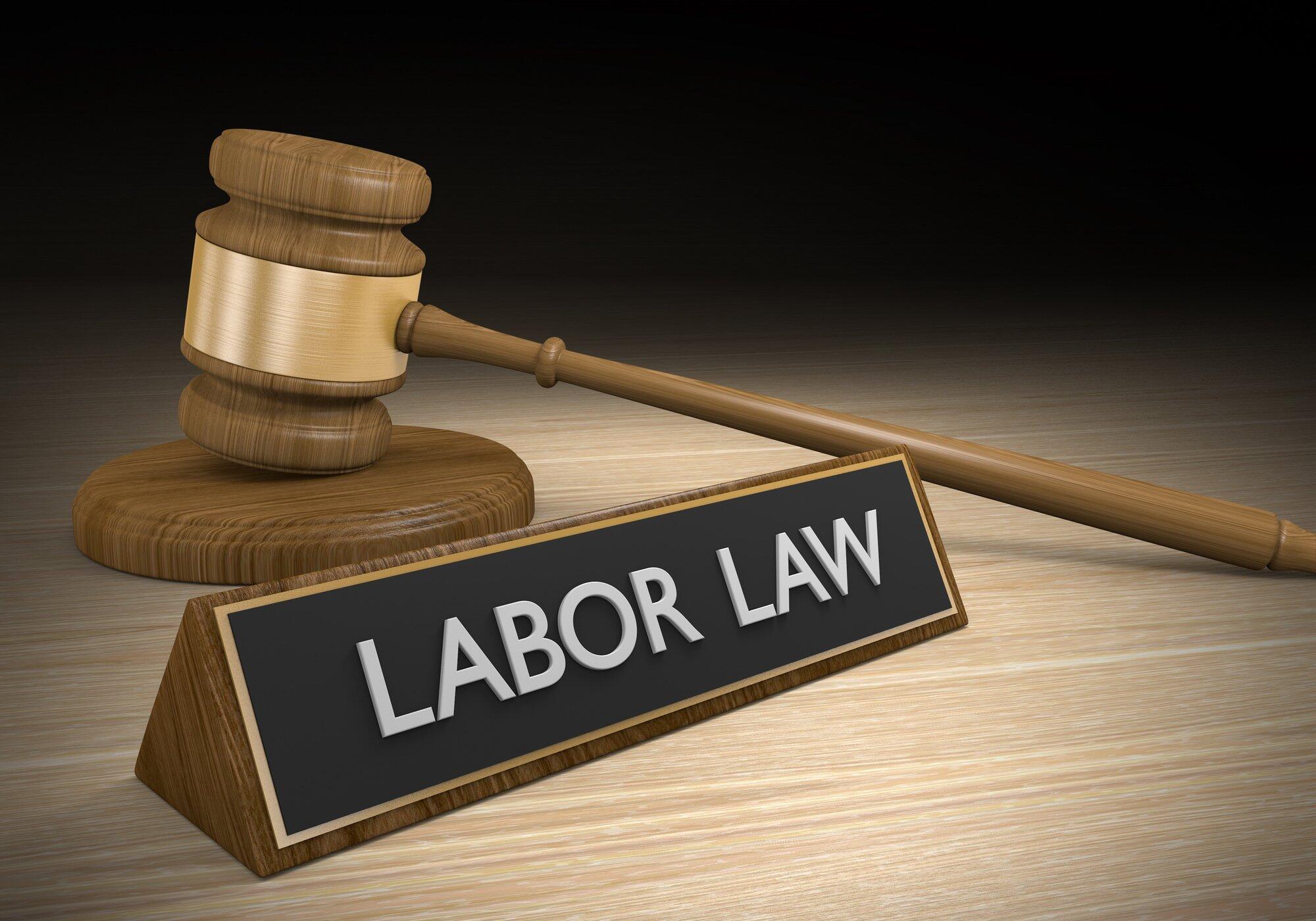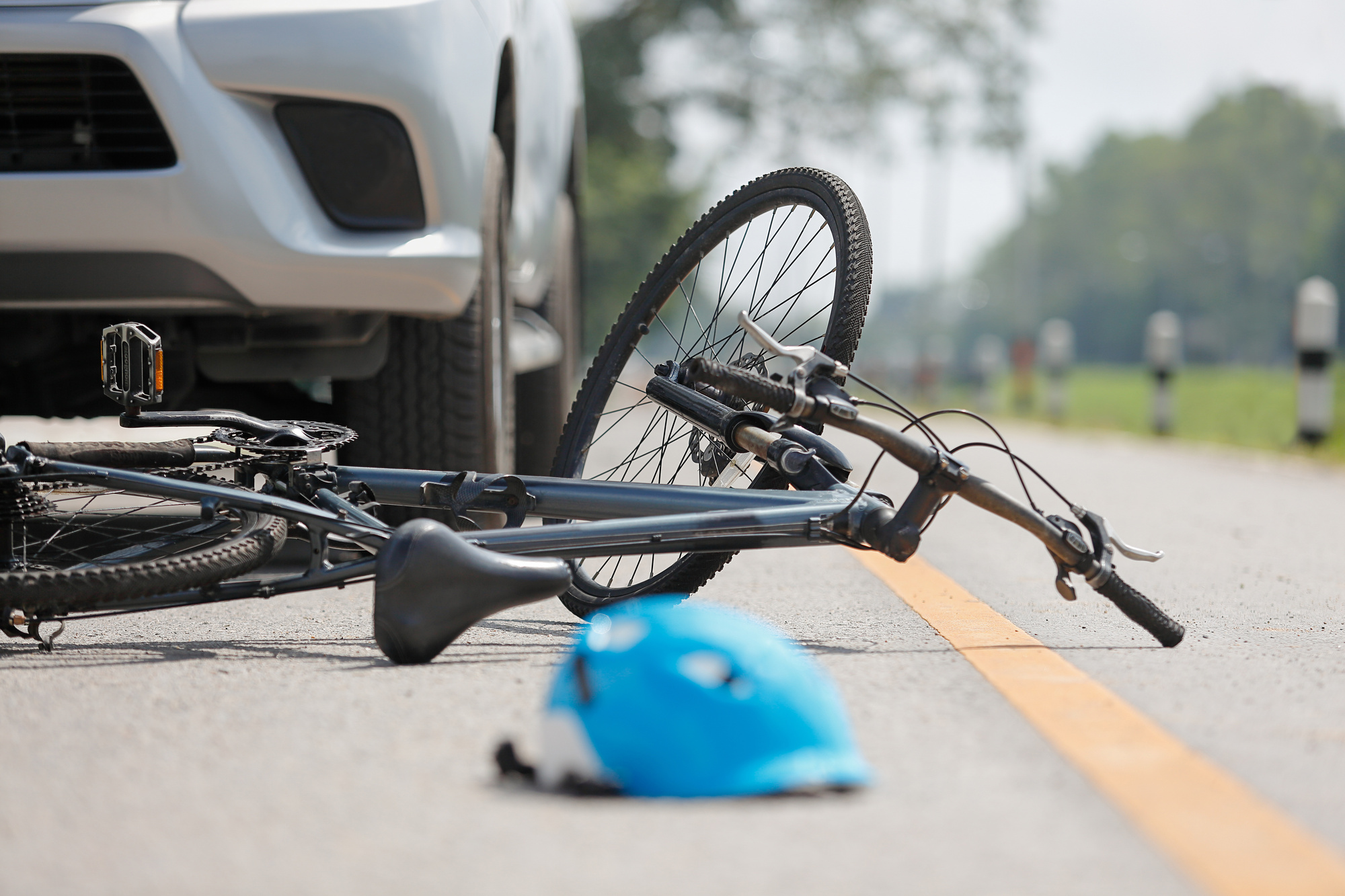Have you ever wondered what steps to take after experiencing a single car accident? The aftermath can be confusing and stressful, especially when it comes to dealing with insurance claims.
By reading this blog post, you’ll learn how to navigate the claim process smoothly, understand your insurance coverage, and know when to seek legal advice.
Let’s dive into the essential steps you need to follow to handle a single car accident efficiently.
What is a Single Car Accident?
A single car accident involves only one vehicle. These accidents can happen for various reasons, such as losing control of the vehicle, hitting an obstacle like a tree or guardrail, or swerving to avoid an animal or another object.
Understanding that these types of accidents are common can help you prepare for the necessary steps to take afterward. It’s crucial to know that even though no other vehicle is involved, you still need to handle the situation properly for insurance purposes.
Immediate Steps to Take After the Accident
The first thing to do after a single car accident is to stop your vehicle and check yourself and any passengers for injuries. If anyone is injured, call 911 immediately. Even if there are no visible injuries, it’s still essential to seek medical attention as some injuries may not be apparent right away.
Ensure Safety and Check for Injuries
Your first priority should be safety. Check yourself and any passengers for injuries. If anyone is hurt, call emergency services immediately. Even if injuries seem minor, it’s essential to get medical help to rule out any serious conditions.
Document the Scene
Once you are safe, document the accident scene. Take clear photos of the vehicle damage, any obstacles involved, and the surrounding area. These photos will be crucial when you file your insurance claim. Make sure to capture various angles and any relevant details that might help explain the cause of the accident.
Contact the Police
It’s important to contact the police to report the accident. An official police report can be valuable evidence when dealing with your insurance company. Provide the police with all necessary information and make sure to get a copy of the report for your records.
Reporting the Accident to Your Insurance Company
Once you have gathered all the necessary evidence and information, it’s time to report the accident to your insurance company.
Notify Your Insurer Promptly
Contact your insurance company as soon as possible after the accident. Most policies require you to report incidents promptly. Provide them with all the details of the accident, including the police report and photos you took at the scene. Being honest and thorough in your report can help prevent any issues later on.
Work with a Claims Adjuster
Your insurance company will assign a claims adjuster to your case. This person will investigate the accident, assess the damage to your vehicle, and determine the extent of your coverage. They might ask for additional documentation or information, so be prepared to cooperate to expedite the process.
Understand the Claim Process
The claim process typically involves several steps: reporting the accident, investigation by the claims adjuster, receiving an estimate for repairs, and finally, settlement of the claim. Knowing what to expect can help you navigate this process more effectively. Keep track of all communications and documents related to your claim to ensure everything proceeds smoothly.
Understanding Your Insurance Coverage
Before filing a claim, it’s important to understand your insurance coverage. This includes knowing the type of policy you have, the limits and deductibles, and any additional coverage you may have purchased. It’s also helpful to know what types of accidents are covered under your policy and how much coverage you have for each.
Review Your Policy
Before an accident occurs, it’s important to understand your insurance coverage. Different policies cover different types of damage. For example, collision coverage typically pays for repairs to your vehicle after a single car accident, while comprehensive coverage might cover damage from non-collision incidents like hitting an animal.
Know Your Deductibles and Limits
Your policy will have specific deductibles and coverage limits. The deductible is the amount you pay out of pocket before your insurance covers the rest. Knowing these details can help you plan for the financial aspects of your claim. If your vehicle damage exceeds your coverage limit, you might have to cover the remaining repair costs yourself.
Check for Additional Coverage Options
Some policies offer additional coverage options. These can be beneficial if your car is undrivable after the accident. Review your policy or talk to your insurance agent to understand all the benefits available to you.
Steps to Take During the Claim Process
After the accident, it’s important to take certain steps to ensure a smooth and successful claim process.
Get Repair Estimates
Once your claims adjuster has assessed the damage, you’ll need to get repair estimates. Your insurance company might recommend specific repair shops, but you can also choose your own.
Keep Detailed Records
Keep detailed records of all expenses and communications related to your claim. This includes repair estimates, receipts, and any correspondence with your insurance company.
Follow Up Regularly
Stay in regular contact with your insurance company to follow up on the status of your claim. Promptly respond to any requests for additional information to avoid delays.
When to Seek Legal Advice
If you encounter any issues or difficulties with your insurance company during the claims process, it may be necessary to seek legal advice. An experienced attorney can help you understand your rights and advocate on your behalf to ensure a fair resolution.
Understanding When You Need Help
If your accident insurance claim is denied, or if you encounter issues with your insurer, consulting a car accident lawyer can be beneficial. They can help you understand your rights and obligations under your policy and state law.
How a Car Accident Lawyer Can Assist
A car accident lawyer can assist in negotiating with the insurance company or representing you in court if necessary. They can help ensure you receive fair treatment and the compensation you deserve.
Navigating a Single Car Accident
Navigating the aftermath of a single car accident can be challenging, but understanding the steps and knowing your insurance coverage can make the process smoother. From documenting the scene to working with your insurer and knowing when to seek legal advice, each step is crucial for a successful claim.
By following these guidelines, you can handle your insurance claim with confidence and ease.
Head over to our blog for more interesting reads like this!







